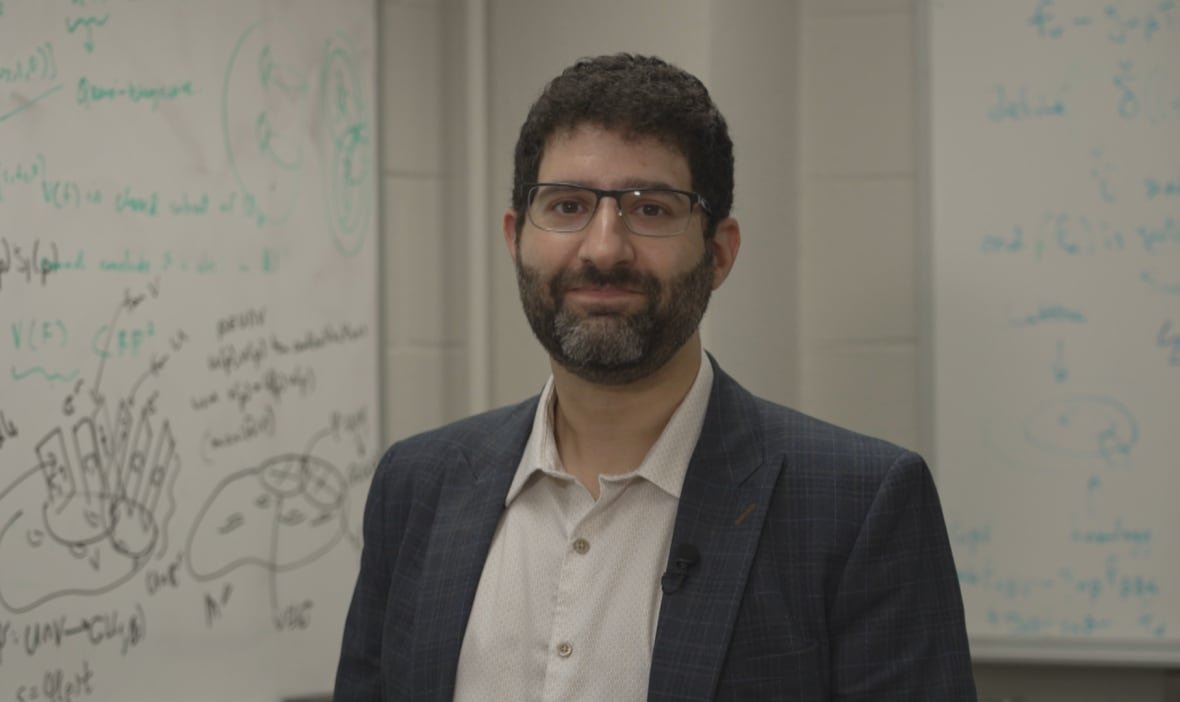Researchers at the University of Saskatchewan are leveraging the capabilities of quantum computing in a bid to preemptively combat future pandemics. Quantum computing, an evolving technology, is being harnessed by the university to expedite vaccine development without waiting for its full maturation.
The quantum computers, known for their capacity to tackle significantly more intricate problems than conventional computers, are being utilized to accelerate the vaccine creation process by accessing specialized information about the immune system, as highlighted by Steven Rayan, the director of the Centre for Quantum Topology and Its Applications (quanTA) at U of S.
A collaborative effort between two research centers, quanTA specializing in computing and mathematics, and the Vaccine and Infectious Disease Organization (VIDO), aims to swiftly progress from identifying potential pathogens to discovering viable vaccines in under 100 days using quantum computing.

Gordon Broderick, the principal investigator at VIDO, explains that quantum computers facilitate the creation of a digital twin of a virus or bacterial agent, enabling scientists to rapidly explore various scenarios for vaccine design.
Broderick further elaborates on the advantage of using computers to virtually test scenarios, ensuring that only the most promising concepts are pursued in practical laboratory experiments.
Quantum Computing Advancements
Rayan underscores the limitations of traditional computers, emphasizing that quantum computers, mimicking natural processes at a quantum level, are better suited for addressing the complexities of the human immune system.
The University of Saskatchewan has partnered with IBM to access quantum computers remotely in Quebec through the Quebec agency, la Plateforme d’Innovation Numérique et Quantique, with funding provided by Prairies Economic Development Canada.
Rayan and Broderick highlight the educational opportunities quantum computing offers students, granting them access to these cutting-edge technologies.
Rayan emphasizes the proactive approach the university is taking by not waiting for quantum technology to reach perfection before leveraging its potential.

Preparing for quantum 2.0. A lecture is happening at the Western Development Museum in Saskatoon today. We’ll hear from professor of physics and computer science at Wilfred Laurier University who shares the emerging technology offers the promise of a second quantum revolution

